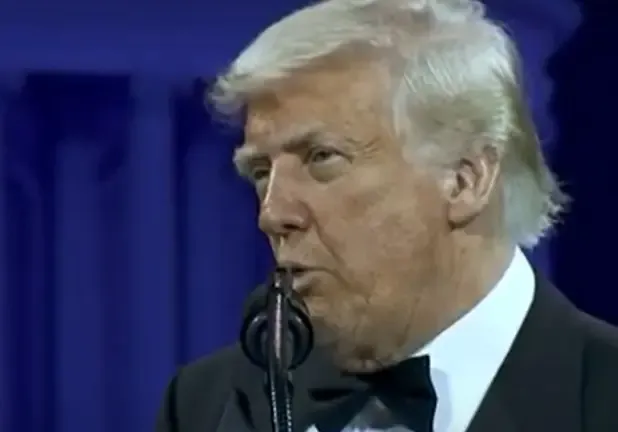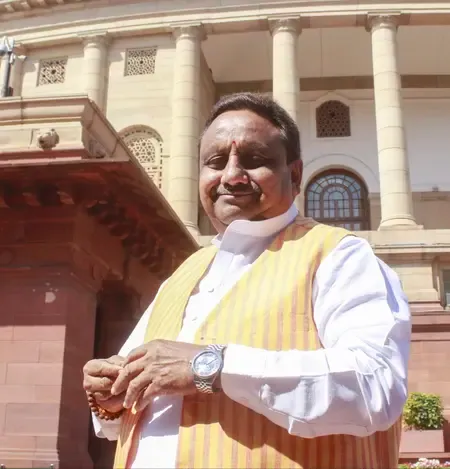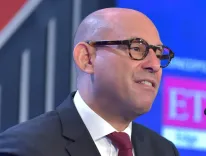President Trump Signals End to Pharmaceuticals' Tariff Reprieve

Synopsis
Key Takeaways
- Tariffs on pharmaceuticals expected soon
- Indian exports contribute 31.5% to US
- 37% reciprocal tariffs on other exports
- Negotiations ongoing for a Bilateral Trade Agreement
- Indian companies supply 40% of US prescriptions
New York, April 9 (NationPress) US President Donald Trump has cautioned that the temporary relief for pharmaceuticals – a significant export from India – from his stringent retaliatory tariffs is set to conclude soon.
“We will be making a significant announcement regarding a major tariff on pharmaceuticals shortly,” he stated on Tuesday night, just before his tariffs on the majority of US imports were scheduled to take effect.
While he referenced China during his remarks at a dinner for the National Republican Congressional Committee in Washington, he did not mention India, which sends 31.5 percent of its exports to the US.
Most other exports from India will face the 37 percent reciprocal tariffs he unveiled last Wednesday.
In announcing the tariffs, President Trump proclaimed, “That’s breaking news, ladies and gentlemen.”
He asserted that once drug companies learn about the tariffs, “they will leave China, they will leave other locations, as they must sell their products, most of which are sold here.”
“They will be establishing facilities throughout our nation,” he remarked.
When President Trump declared his reciprocal tariffs last week, he excluded pharmaceuticals, copper, semiconductors, lumber, bullion, energy, and certain minerals from the tariffs due to their crucial significance to the US economy.
The exemption for pharmaceuticals was based on the fact that imported medications, particularly generics from India, assist in keeping the expenses of the US healthcare system in check, which is among the most costly globally.
Experts have cautioned that the US healthcare system may experience increased costs if tariffs on pharmaceuticals are enacted.
ING Bank indicated that “without a resolution with India, we anticipate that Trump’s tariffs will primarily increase drug prices for US consumers” due to the extensive reliance on generics provided by India.
“The global supply chain for generic and biosimilar medications is essential for US patients,” stated John Murphy, president of the Association for Accessible Medicines, earlier this year.
“Generic manufacturers simply cannot absorb new costs” resulting from the tariffs, he added.
“Our manufacturers sell at incredibly low prices, sometimes even at a loss,” he noted.
India and the US are currently negotiating a Bilateral Trade Agreement, which may lessen the effects of the tariffs.
External Affairs Minister S. Jaishankar and Secretary of State Marco Rubio recently discussed the “early conclusion” of such an agreement.
According to IQVIA, a healthcare data and analytics firm, four out of ten prescriptions filled in the US in 2022 were sourced from Indian companies.
“Among the top 10 therapeutic areas by prescription volume, Indian companies provided over half of the prescriptions for five categories: hypertension, mental health, lipid regulators, nervous system disorders, and antiulcerants,” it noted.









